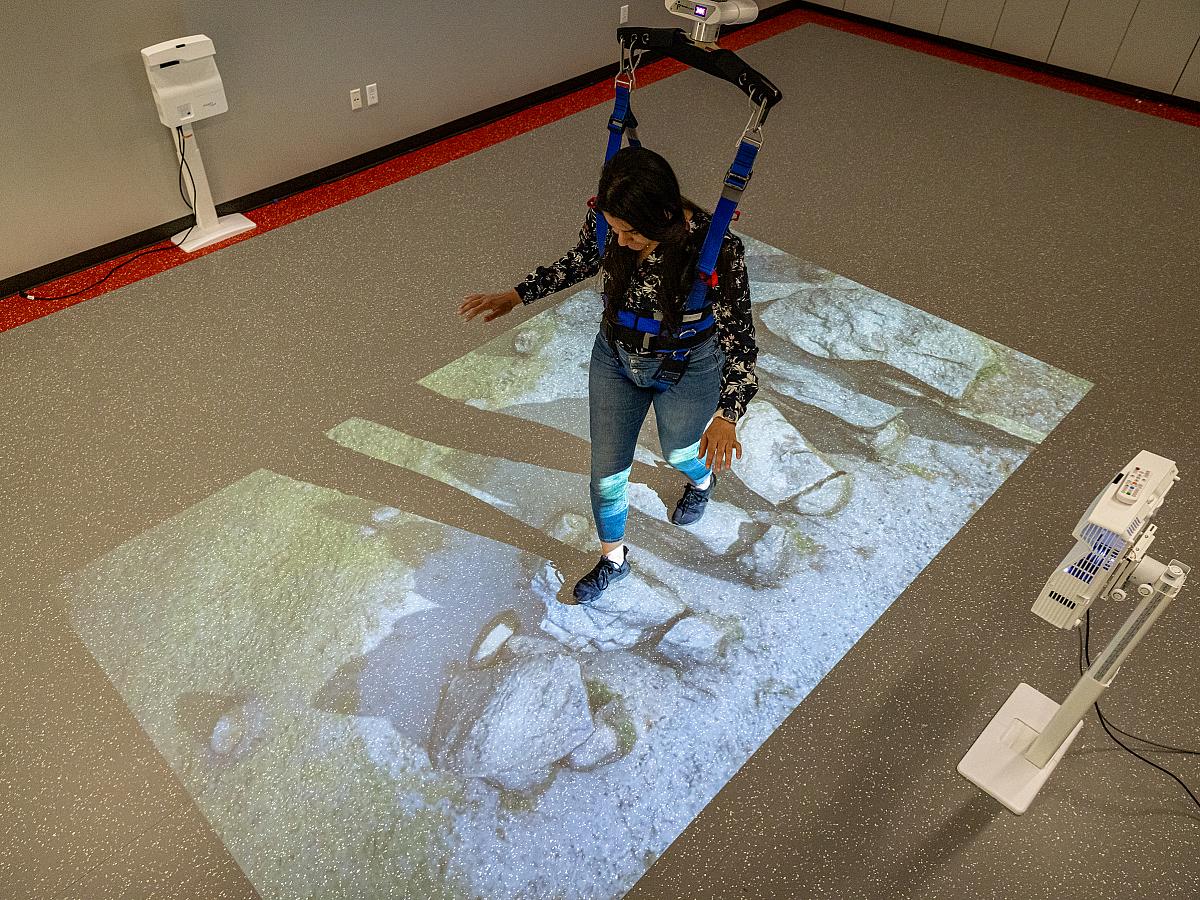
Occupational Therapy & Recreational Therapy Research
Research and Rehabilitation
The Department of Occupational Therapy and Recreational Therapy is dedicated to advancing the fields of occupational and recreational therapy through innovative research. Our range of projects reflects our commitment to advancing recreational and occupational therapy through innovative, multifaceted research that addresses the complex needs of various populations and conditions.
Our research explores innovative approaches to therapy across the lifespan. For older adults, we're investigating the therapeutic potential of robotic pets, offering companionship and cognitive stimulation. In the realm of neurological conditions, we're developing non-pharmacological interventions to enhance health and well-being, providing alternatives to traditional medical treatments. Our work also extends to youth on the autism spectrum, where we focus on easing the challenging transition to adulthood, supporting both young individuals and their families through this crucial life stage.

Current Faculty Projects
Technology-based Recreation
Lead by R. Nelson
- Virtual reality usability for clinicians and clients
- Multisensory environments and interventions for rehabilitation and health promotion
- Video journaling as a treatment modality
- Therapeutic use of robotic pets with older adults
Neurological Conditions
Lead by L. Richards, A. Terrill, and M. Zahl
- Feasibility of adaptive recreation as cost effective rehabilitation intervention for spinal cord injury
- Non-pharmacological treatment options for improving health and well-being for individuals with neurological conditions
- Positive psychology interventions for couples coping with neurological conditions
- Understanding changes in relationships after neurological injury
- Health interventions and app development
- Neurorehabilitation interventions for post-stroke motor impairments and unilateral neglect
Autism Spectrum
Lead by A. Kirby, L. Richards
- Supporting the transition to adulthood for youth and families
- Understanding suicide risks and prevention
- Improving oral health for children with ASD and hyper-responsivity